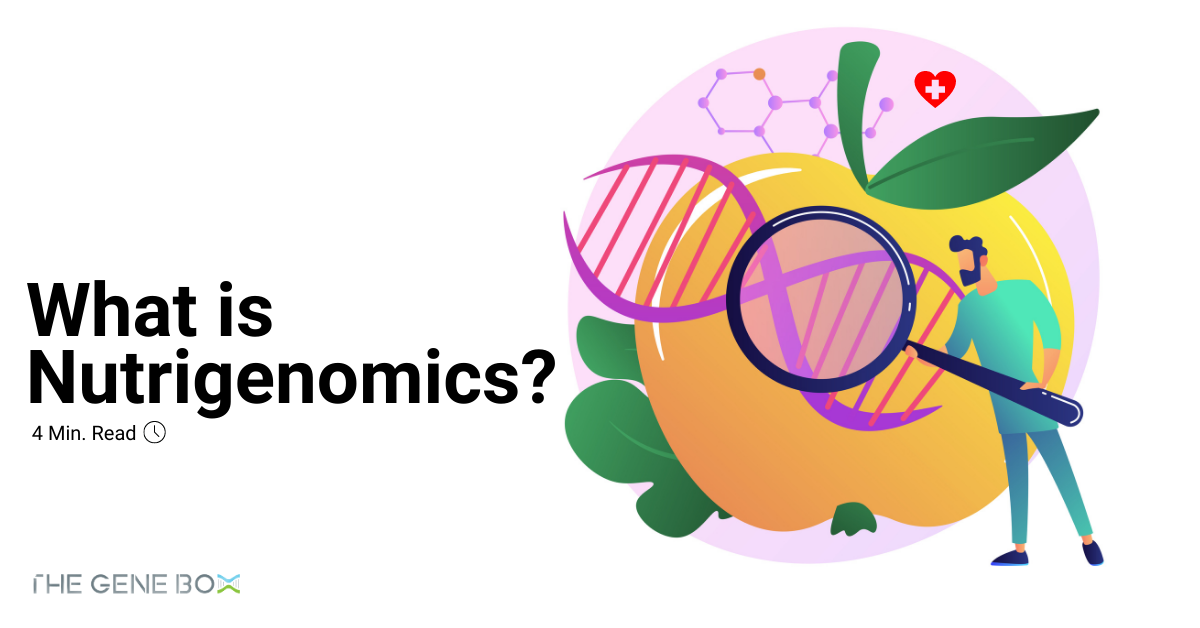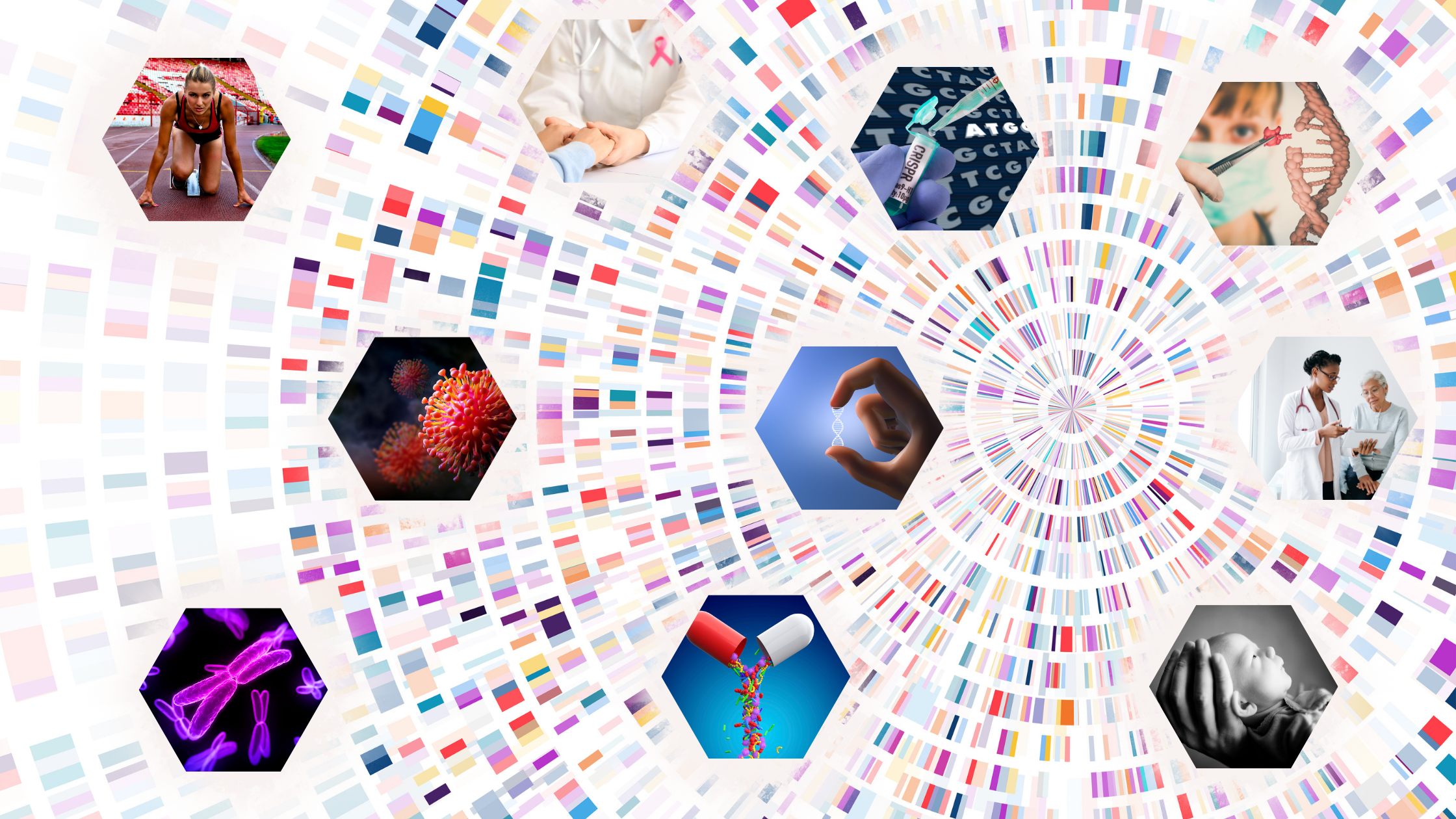AI Powered Genomic Research

Until recently, genomic research processes were focused on limited data. In the last few decades, advances in genome sequencing have facilitated the research processes with a plethora of evolutionary data. In the arena of human genomics, it has fundamentally challenged the way diagnosis and medicine is being practiced. Today, healthcare and wellness decisions are becoming more personalized, using this genomic data. This has caused a paradigm shift in approaching diagnosis and healthcare in general.
Data analytics can potentially guide effective genomic research. The useful insights extracted from genomic data can help in directing the problems to be solved in the research. For example, a normal research process would have the researcher search, store and curate information about each parameter in the research, individually. This has been the traditional approach to conduct genomic research. Now, consider a data-driven approach to conducting genomic research based on artificial intelligence (AI) methods. Here, the patterns defined by genomic data aid in modeling statistical inferences for prioritizing research processes. These statistical models form the basis of defining the AI algorithms. In other words, augmenting artificial intelligence with genomic data helps in generating useful insights. This cuts down the research time and enhances the research process quality exponentially.
The idea of employing artificial intelligence to conduct genomic analysis helps in generating better results, as compared to its manual counterpart. Considering the volume and precision required for genomic analysis, manual research processes are prone to subjectivity, limited scale, and errors. AI algorithms learn from the patterns of genomic data. They leverage these patterns computationally and generate insights. These insights are at a massive scale, more precise and unbiased. AI can dramatically improve the quality of genomic research processes. It is projected that the volume, as well as the scale of the human genomic data, is going to increase exponentially in the near future, as the cost of genome sequencing decreases.
Inevitably, computational approaches, coupled with AI algorithms will redefine the genomic research processes in the near future.











.png)




















































